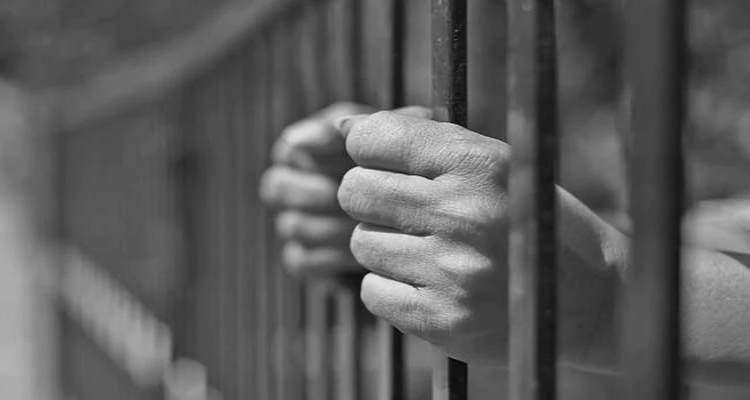
On May 22, 2024, the Supreme Court revoked bail for eight members of the Popular Front of India, a suspected banned outfit. They were accused of radicalizing youth to pursue terrorist activities and aim for an Islamic State in India by 2047 through armed struggle. Justices Bela M Trivedi and Pankaj Mithal noted the court’s duty to balance the civil liberties of the accused, the human rights of victims, and the state’s interests in counter-terrorism enactments.
The bench emphasized the paramount importance of national security and highlighted the need to restrict any actions supportive of terrorist activities, whether violent or non-violent. It noted that the Unlawful Activities (Prevention) Act (UAPA) serves to effectively prevent unlawful activities and deal with terrorism while imposing reasonable restrictions on civil liberties in the interest of India’s sovereignty and integrity.
Considering the seriousness of the offense and the time spent in incarceration, which is close to one-and-a-half years, the bench expressed its inclination to overturn the high court’s bail decision.
Here’s the full story:
Considering the seriousness of the alleged offenses, the respondents’ criminal history, their limited time in custody, and the severity of potential punishment, the High Court’s order cannot stand, stated the bench. Consequently, the court allowed the National Investigation Agency’s appeal against the Madras High Court’s October 2023 order, noting that courts can intervene if bail decisions are deemed unjust.
The NIA contested the Madras High Court’s decision to grant bail to Barakathullah, Idris, Mohd Tahir, Khalid Mohammad, Syed Khaja, Mohinudeen, Yasar Arafat, and Fayaz Ahmed. These individuals, along with others, were named in an FIR registered on September 19, 2022, under various sections of the IPC and the Unlawful Activities (Prevention) Act, 1957. All accused were arrested on September 22, 2022, and a charge sheet was filed on March 17, 2023.
The NIA argued that the High Court erred in downplaying serious allegations against the respondents. The respondents contested, claiming reliance on witness statements was improper, as these witnesses were allegedly involved in the offenses.
However, the court noted incriminating evidence from witness statements and documents, indicating the involvement of the accused in radicalizing youth, providing arms training, and conspiring to establish an Islamic State. The bench emphasized that bail consideration should not dismiss material evidence. It emphasized the need to assess documents objectively to determine if a prima facie case exists against the accused.




